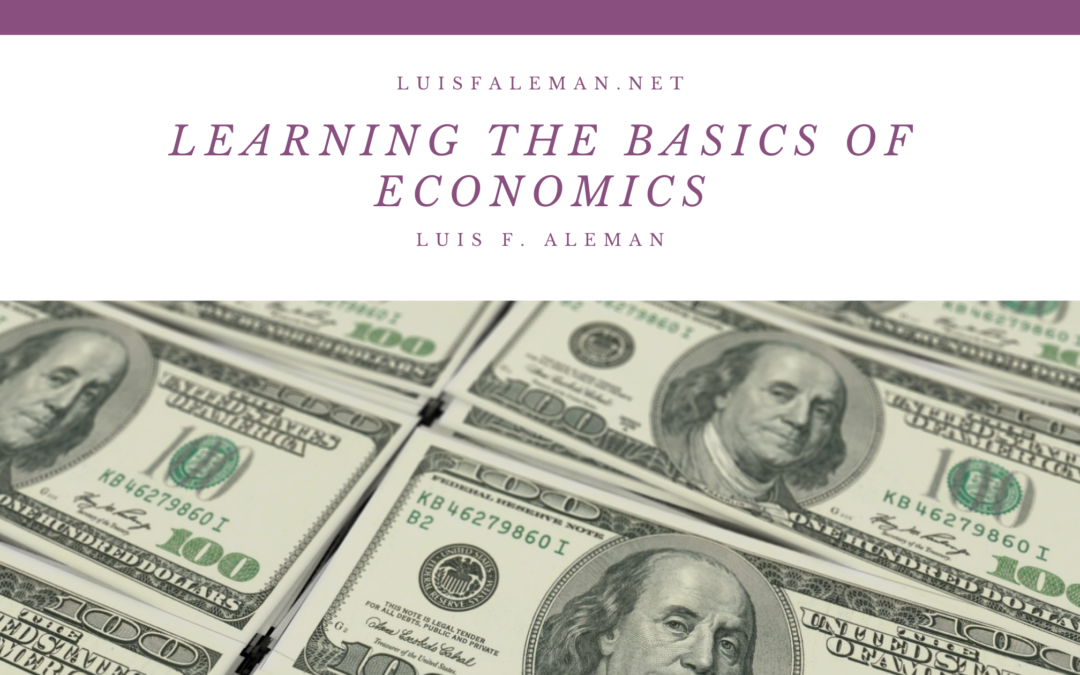Economics is a behavioral science that tries to understand how resource scarcity affects human behavior. The most widely accepted definition of economics is the study of all aspects of consumerism, from production and distribution to the consumption of goods and services.
Branches of Economics
The two major branches of economics are macro and microeconomics. Microeconomics studies human behavior at an individual or group level. Macroeconomics focuses on larger groups such as countries and regions and how they are affected by different factors. Within these two branches are smaller fields of interest, such as economic development, urban economics, and econometrics. Other areas that might interest students of economics include financial markets and industry outlooks.
Basic Concepts of Economics
At the core of economics are the basic concepts of supply and demand. Supply is the amount of a commodity that is available on the market. Demand refers to the willingness of buyers to purchase it at the prevailing price. When supply exceeds demand, the price may go down. Conversely, the price increases when demand is much higher than the supply. Another important concept is elasticity which is the extent to which the price of a commodity can fluctuate before affecting the demand or supply.
The Financial Markets
Financial markets operate on the basis of a contingent contract. This is a commitment to pay a certain price if a particular event occurs, such as inflation or a recession. Stock prices are always mildly affected by several factors, but recessions have the most profound impact. Prices may rise or fall sharply during recessions. Another factor that is important to investors is inflation. Inflation is the loss of value of a commodity with time. Equally important to these items are exchange and interest rates, both of which are in constant flux. Exchange rates are the trades in the currencies of different nations, affecting the US dollar’s value. Interest rates are the amount lenders charge for the use of assets. When rates are low, people tend to increase their borrowing levels, which also has an effect on the economy.
Economic Growth
Predicting economic growth is a favorite pastime for macroeconomists. National growth is estimated using the Gross Domestic Product (GDP). Global organizations such as the World Bank also make estimates. Another popular topic is globalization, which facilitates the outsourcing of jobs to other countries. When economic growth is too low, such as during a recession, governments may introduce a fiscal stimulus plan. This is an injection of funds into the economy by the Treasury meant to stimulate economic activity.
